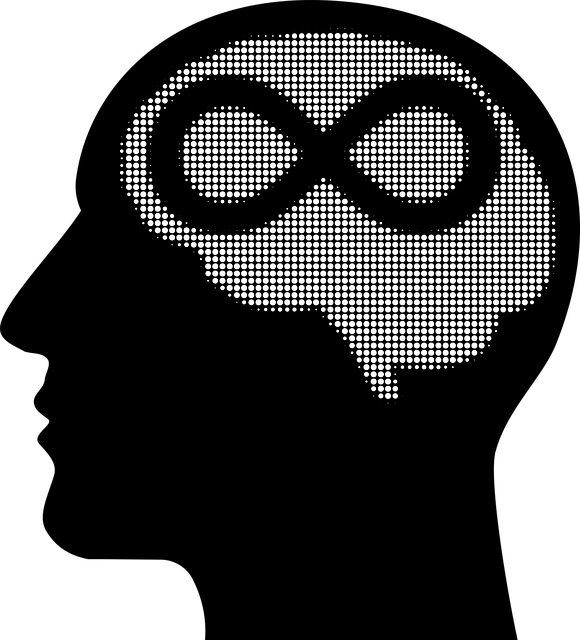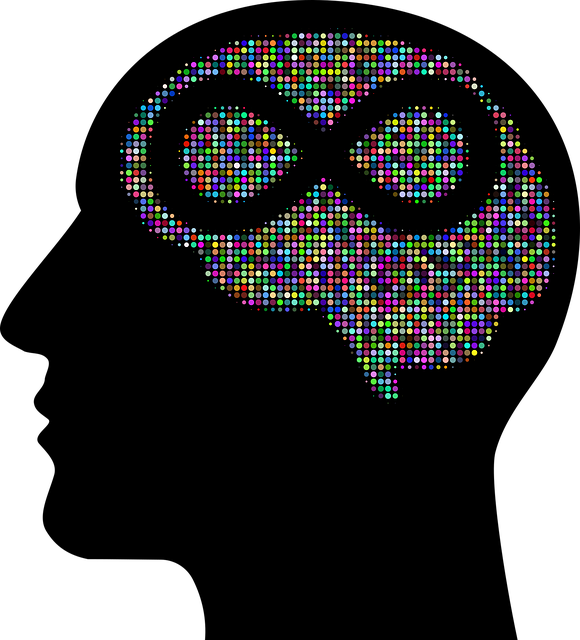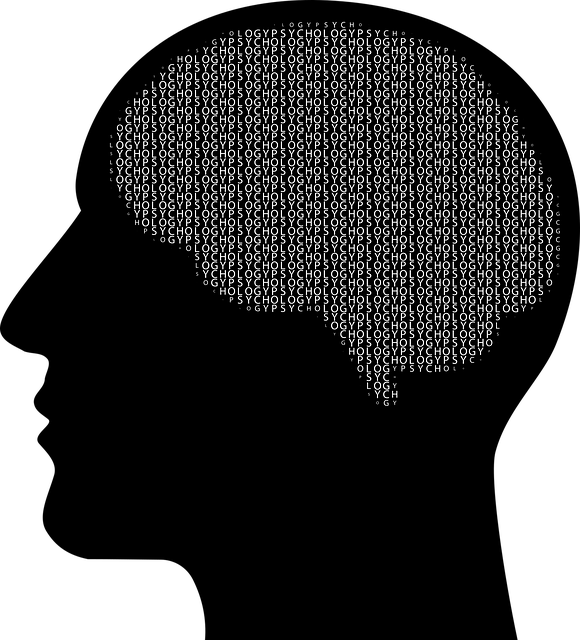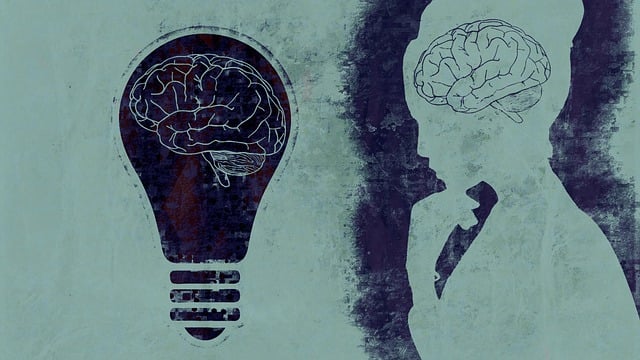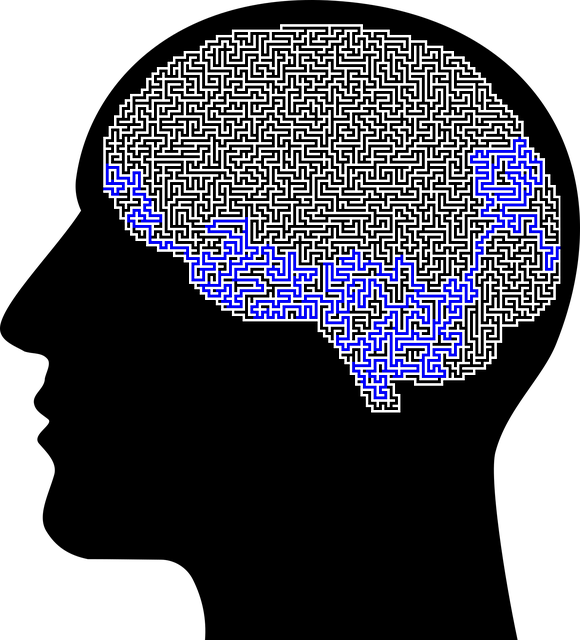Children with learning disabilities (LD) face unique challenges to their mental wellness due to conditions like dyslexia or autism, leading to frustration and anxiety. Early, culturally sensitive therapy is vital for accurate assessments and tailored interventions. Self-assessment tools designed for these children should balance simplicity with depth, using play and visual aids to enhance accessibility. Integrating mindfulness, mood management, and positive thinking equips them with coping strategies. Regular monitoring through these tools improves treatment outcomes, while staff training and self-care prevent burnout for therapists. This holistic approach ensures effective, long-term care for young LD sufferers. (Keywords: Therapy for Young Children Learning Disability)
Mental wellness self-assessment tools play a pivotal role in supporting young children with learning disabilities. This article delves into the critical need for such tools, addressing the unique challenges faced by these children in expressing and assessing their mental health. We explore the significance of early identification and intervention, highlighting gaps in current assessment practices. By examining best practices in design and implementation, we provide strategies to enhance therapy for young children with learning disabilities, empowering them to actively participate in their mental wellness journey.
- Understanding Mental Wellness and Its Significance for Young Children with Learning Disabilities
- Identifying the Gap: Challenges in Assessing Mental Health in Children with Learning Disorders
- Designing Effective Self-Assessment Tools: Consideration for Young Learners
- Implementation and Support: Strategies for Integrating Self-Assessment in Therapy Practices
Understanding Mental Wellness and Its Significance for Young Children with Learning Disabilities

Mental wellness is a vital aspect of overall health and development, especially for young children with learning disabilities. These children often face unique challenges that can impact their emotional well-being, making it crucial to integrate mental health awareness into their support systems. Learning disabilities, such as dyslexia or autism, may present with difficulties in processing information, communicating, and interacting socially, which can lead to feelings of frustration, low self-esteem, and anxiety.
Early intervention through therapy for young children with learning disabilities is essential. Empathy building strategies, tailored to their specific needs, can foster a sense of understanding and acceptance. Mental health professionals should also consider cultural sensitivity in mental healthcare practice to ensure that interventions are inclusive and effective. By addressing mental wellness proactively, we can empower these children to navigate their learning journeys with increased resilience and confidence.
Identifying the Gap: Challenges in Assessing Mental Health in Children with Learning Disorders

Children with learning disorders often face unique challenges when it comes to mental wellness assessments. Traditional methods may not adequately capture their experiences and symptoms due to cognitive differences, communication barriers, or difficulty in self-reporting. This gap in assessment tools can lead to misdiagnoses or undiagnosed mental health issues like anxiety and stress, which are prevalent among this population.
The absence of culturally sensitive approaches in mental healthcare further exacerbates these challenges. Young children with learning disabilities may come from diverse backgrounds, each bringing unique cultural perspectives and experiences that influence their understanding of mental wellness. Incorporating cultural sensitivity into self-assessment tools is vital to ensure accurate evaluations and effective therapy for young children with learning disabilities, ultimately facilitating better anxiety relief and stress reduction methods tailored to their specific needs.
Designing Effective Self-Assessment Tools: Consideration for Young Learners

Designing effective self-assessment tools for young learners involves a delicate balance between simplicity and depth. Tools like these play a pivotal role in early mental wellness development, especially for children with learning disabilities who may struggle with traditional assessment methods. They should be tailored to accommodate varying cognitive levels while fostering engagement and curiosity. Incorporating elements of play and visual aids can significantly enhance the effectiveness of such tools, making them more accessible and less intimidating for young minds.
Mindfulness meditation, mood management techniques, and positive thinking exercises are valuable components that can be seamlessly integrated into these assessments. These strategies not only promote self-awareness but also equip children with essential coping mechanisms. By tailoring self-assessment tools to address specific mental health concerns, therapists can facilitate early intervention, ensuring that young learners develop healthy habits that will serve them throughout their lives, despite any learning disabilities they may face.
Implementation and Support: Strategies for Integrating Self-Assessment in Therapy Practices

Implementing self-assessment tools in therapy practices can significantly enhance treatment outcomes for young children with learning disabilities. Therapists can integrate these assessments into existing sessions, allowing for regular monitoring of a child’s progress and mental wellness. By utilizing evidence-based methods, therapists can adapt their approaches to suit individual needs. For instance, communication strategies tailored to each child’s disability can improve their engagement and feedback during self-assessments.
To ensure sustainability, healthcare providers should consider burnout prevention strategies. Regular staff training on the use of self-assessment tools and their application in therapy sessions can foster a supportive environment. Additionally, promoting self-care routine development for both therapists and clients is essential to maintaining a healthy balance. This holistic approach not only benefits the young patients but also enables therapists to provide consistent and effective care over time.
The development of mental wellness self-assessment tools tailored for young children with learning disabilities is a significant step towards improving their overall well-being and access to appropriate therapy. By addressing the unique challenges faced in assessing mental health in this population, we can ensure that interventions are effective and child-centered. The strategies outlined in this article, including consideration of age-appropriate design and implementation support, provide a roadmap for professionals to integrate self-assessment into therapy practices. This proactive approach has the potential to revolutionize support systems for young children with learning disorders, fostering better outcomes and enhanced mental wellness.
